By: Briera Nix
The year 2020 produced a pandemic that no one saw coming. One in which we have been challenged, tested and tried. No one has been exempt and the end remains unknown. However, COVID is not the only pandemic of 2020. With it has come a silent pandemic…loneliness. Social distancing and isolation along with being quarantined, has caused many people to experience loneliness. Loneliness is defined as a feeling of “distress or discomfort that results when one perceives a gap between one’s desires for social connection and actual experiences of it.” With mounting and continued restrictions that are putting some people out of work and placing limitations on going out for all, a lot of people have begun to experience the pandemic of loneliness.
Social isolation alone has been one of the biggest causes of loneliness this year. A recent Health Resources and Services Administration publication stated that loneliness and social isolation can be as damaging to health as smoking 15 cigarettes a day, (HRSA, 2019) and this year has been epic for both. However, some people may ask: How are people lonely from social isolation when they are quarantined with their family? Aren’t they still surrounded by others at home? I can personally tell you that it is possible. From the middle of March to the end of July I was quarantined and out of work. Although I was in quarantine with my family, the lack of social connection from the outside world really took a toll on me. I began to miss my work life and the interactions with customers. I also began to miss hanging out with my friends physically and the closeness I get from being near them. Although, we still conversed through technology, the lack of being around my people really began to take a toll on my mental health.
How did I get through it? I began to embrace the loneliness and focus on myself. I started exercising more consistently and maintaining my physical health. I got more creative in terms of figuring out fun things to do at home and came up with projects to keep me occupied. I even came up with a good business idea and am currently working on getting the business up and running. The more I began to focus on myself and learn how to be my own source of happiness, the more the feeling of loneliness started to decrease.
How can you get through it? The first step to conquering loneliness is to identify why you are lonely. Although we have identified social isolation as one of the biggest causes of loneliness this year, it is not the only reason people get lonely. Other factors of loneliness can include the death of a loved one, a divorce, lack of household company, no significant other, no close friends, and even living far from family. Once you’ve identified the source of your loneliness, the next step is to normalize it. Loneliness is a natural feeling that everyone experiences and that everyone is familiar with. In 2019, study results showed that three in five Americans (61%) report feeling lonely which speaks to the commonness of loneliness (US Report, 2020). The last step is to embrace it to conquer it. Ways you can do this are: to participate in self-care activities, create a support system and by stepping out of your comfort zone. Finally silence your inner critic by speaking kindly to yourself. Remember we are all going through something right now and the more gentle your inner dialogue is, the better you will be. Take the time to get to know yourself more, and figure out how to be your own source of happiness. If you find you still need additional support, NEW is here to walk the journey with you.
Always remember that loneliness is valid. Therefore, embrace it and conquer it. Never depend on others to be your source of happiness. As Mandy Hale once said, “Happiness is an inside job. Don’t assign anyone else that much power over your life.”
Just in case this sounds easier said than done, you can check out this worksheet to help you get started!
References:
https://www.psychologytoday.com/us/basics/loneliness
https://www.verywellmind.com/loneliness-causes-effects-and-treatments-2795749
https://www.blessingmanifesting.com/2016/02/self-care-for-loneliness.html
https://www.cigna.com/static/www-cigna-com/docs/about-us/newsroom/studies-and-reports/combatting-loneliness/cigna-2020-loneliness-factsheet.pdf
https://www.hrsa.gov/enews/past-issues/2019/january-17/loneliness-epidemic


